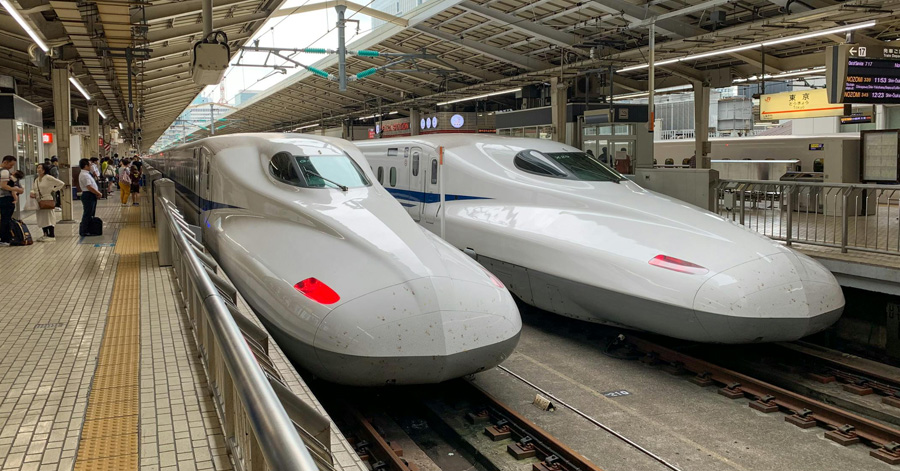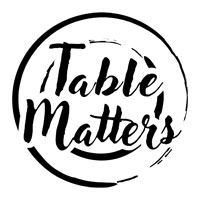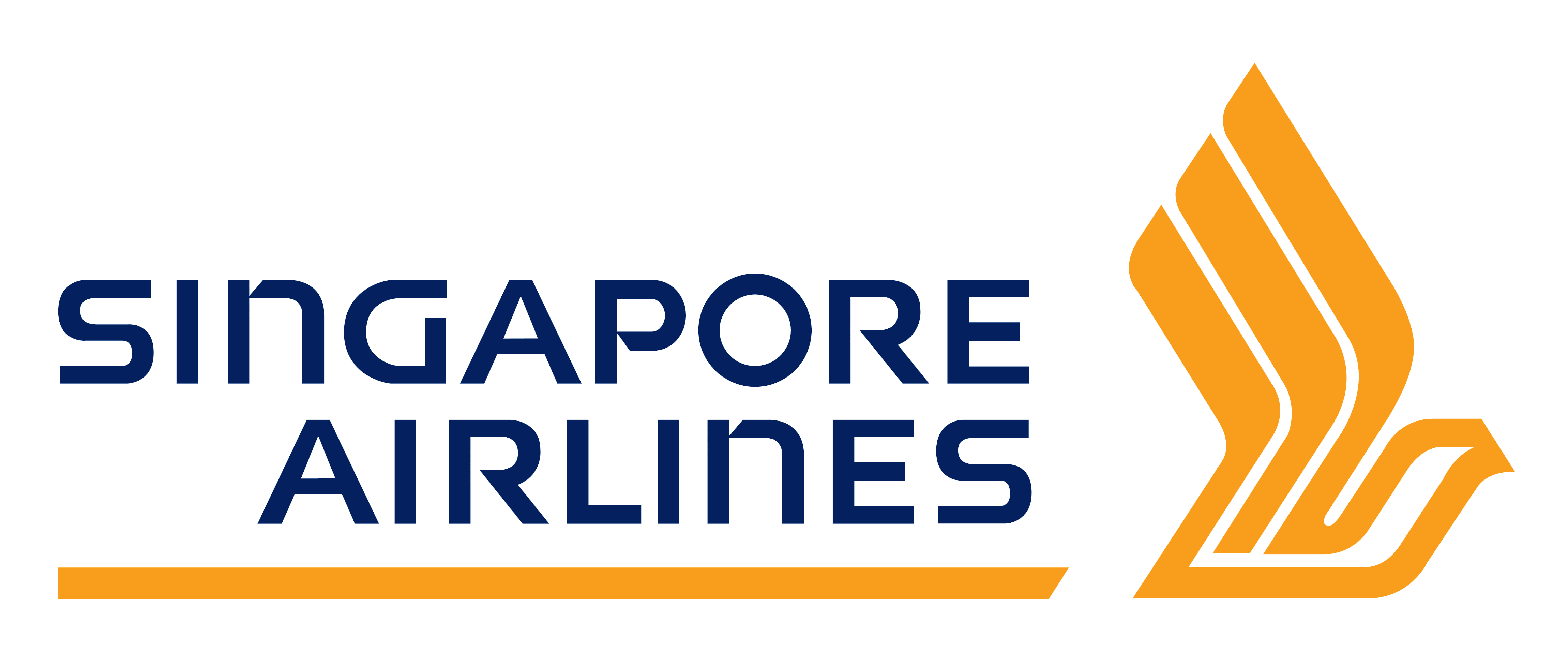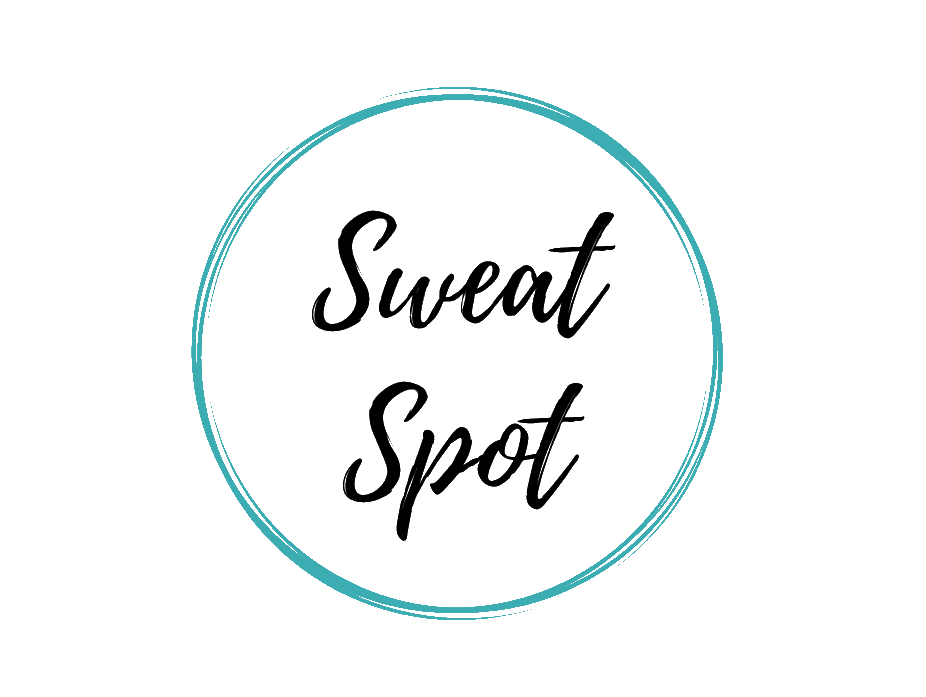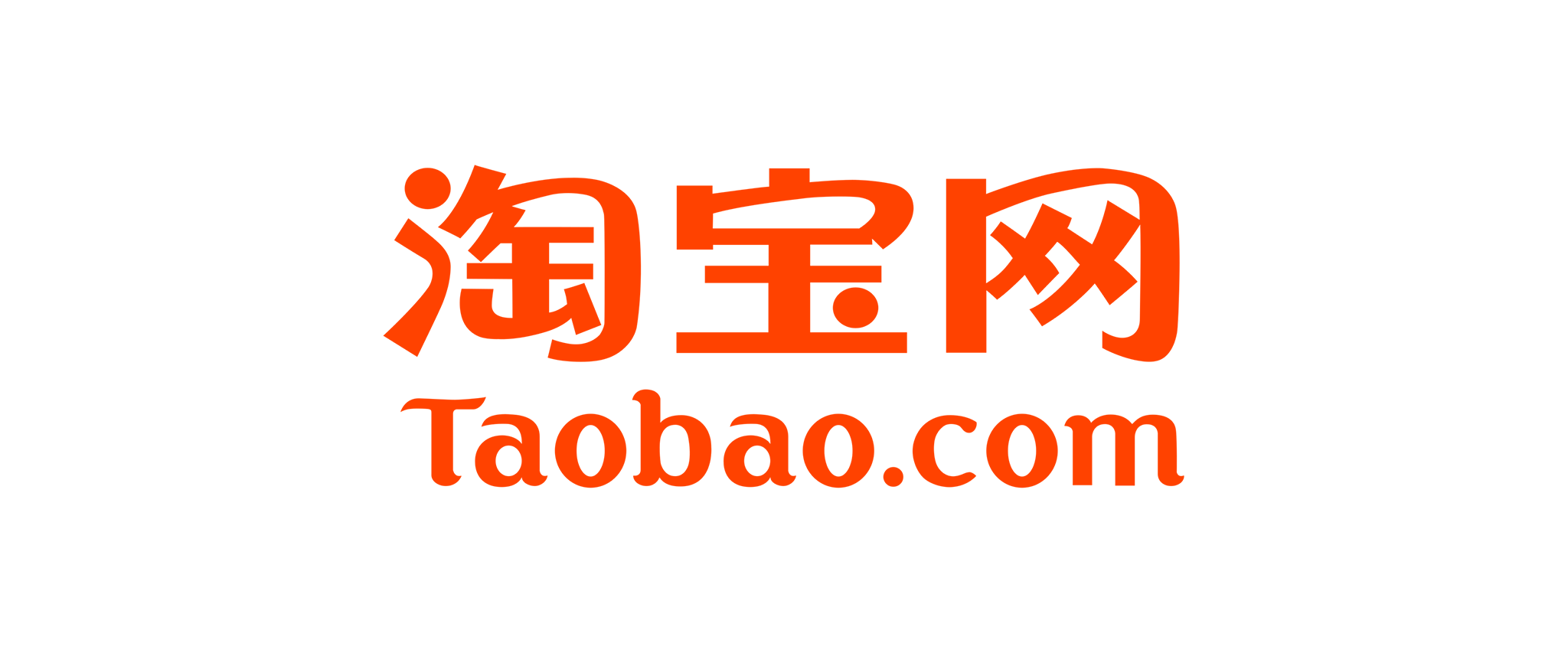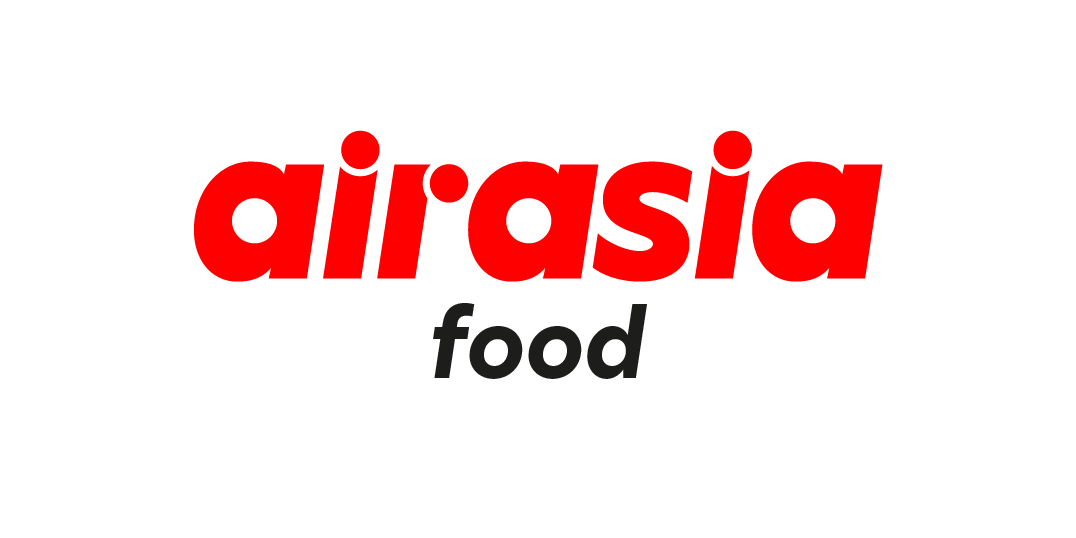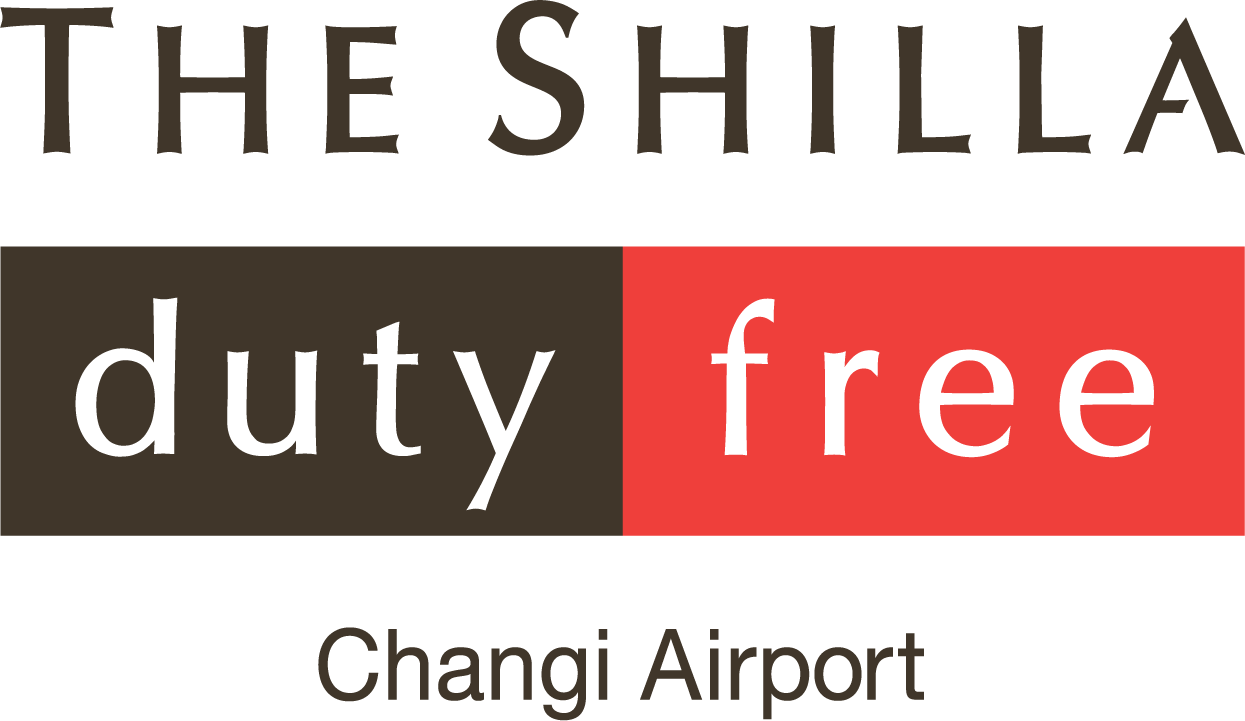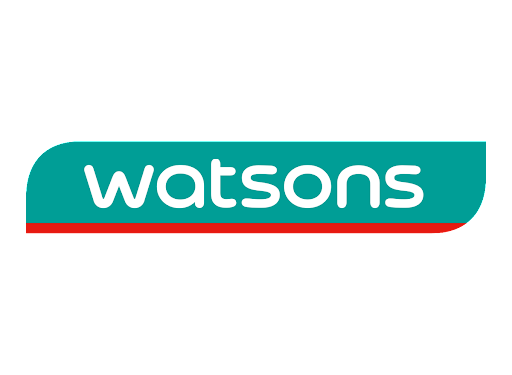Are they worth a shot? Here’s everything you need to know about COVID-19 vaccinations in Singapore — how they work, common misconceptions plus choices available.
Uncertainty. We felt it at the start of the circuit breaker and endured it throughout the various twists and turns that the Coronavirus Disease 2019 (COVID-19) pandemic had to offer. Then, thanks to pharma folks all over the world, COVID-19 vaccinations were formulated to help combat the virus.
While the results are well beyond our control and there’s bound to be more changes along the way, COVID-19 vaccinations offer hope to countries ravaged by the pandemic and present a way for economies dependent on travel to somehow resurface amidst the unknown futures about air travel and torrents of lockdown.
If you’re interested in finding out more about Singapore COVID-19 vaccinations, we’re here to help squelch your worries with some info gathered from trusted sources all over the web. So sit tight, bookmark this article and let’s get cracking.
Firstly, How Do COVID-19 Vaccinations Work?
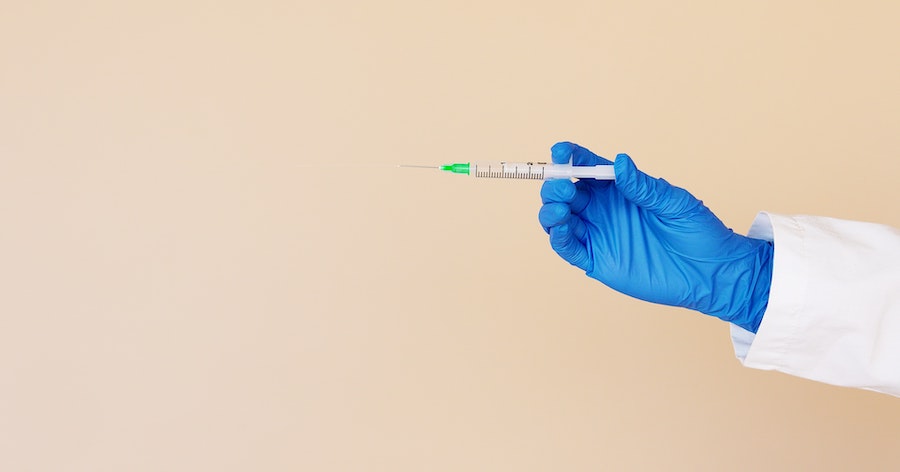
‘Practice makes perfect’ — that’s a saying that’s not just limited to band practice or sports. Believe it or not, that’s how your immunity system works! Vaccines are essentially there to help trigger an immune response so that when the body is faced with the actual virus, your immune system is prepped and ready with a proper response. However, instead of using a weakened or inactivated germ to garner a response, the COVID-19 mRNA (messenger ribonucleic acid) vaccine teaches your cells how to make a harmless piece of a “spike protein” instead. This spike mimics what’s found on the surface of the actual COVID-19 virus. As the protein literally sticks out like a sore thumb, the immune system combats these unidentified foreign objects by building an army of antibodies in an appropriate immune response and thus learns how to protect against future infections!
How Does Sinovac Work Differently From Pfizer & Moderna?
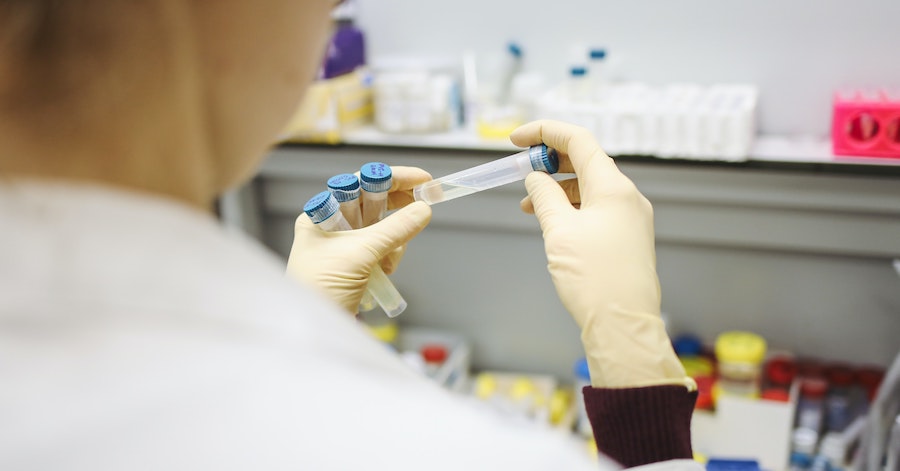
That’s where the Sinovac vaccine differs from Pfizer and Moderna. While it has a lower efficacy of 51 per cent, an increasing number have taken interest in its ‘old school’ approach towards vaccinations. I.e. Instead of the mRNA, dead coronaviruses are used in the CoronaVac to teach the immune system how to protect itself through one’s own antibodies against the SARS-CoV-2 coronavirus. In addition, it can be stored like all other traditional flu vaccinations — at normal fridge temperatures.
What COVID-19 Vaccinations Are Available In Singapore?
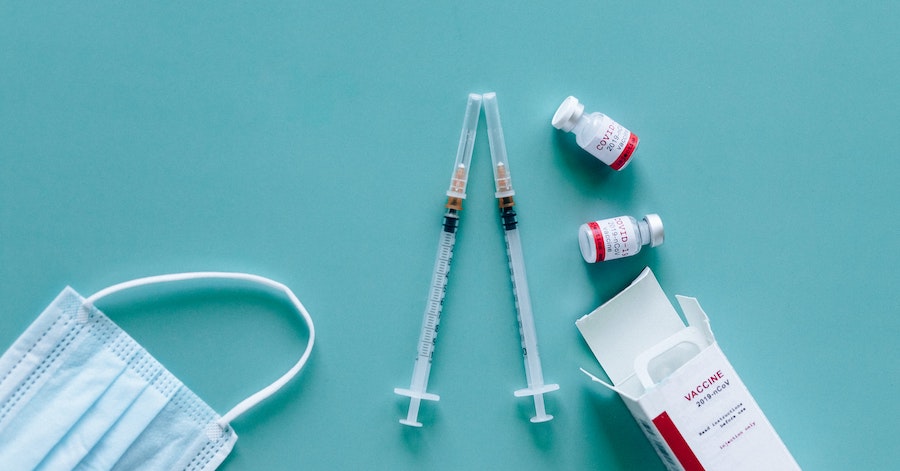
There are currently two that are authorised and recommended by the Centers for Disease Control and Prevention (CDC).
| Vaccines | Pfizer-BioNTech | Moderna mRNA | Sinovac-CoronaVac |
| Date Approved | 21 Dec 2020 | 3 Feb 2021 | Yet to be approved but have been licensed under the Special Access Route (SAR). |
| Efficacy | 95 % | 94 % | 51% |
| Dose | Two shots,21 days apart | Two shots,28 days apart | Two shots,14- 28 days apart |
| Reported Side Effects | Injection site pain, fatigue, headache, muscle ache, chills, joint pain, fever, injection site swelling, injection site redness, nausea, feeling unwell, swollen lymph nodes, possible allergic reaction. | Injection site pain or swelling, fatigue, headache, muscle ache, fever, chills, vomiting, and joint pain after vaccination, possible allergic reaction. | Injection site pain, fatigue, headache, diarrhoea, muscle weakness. |
We’re keeping our fingers crossed for the success of three other vaccines currently in Phase 3 Clinical Trials in the United States — they are AstraZeneca’s COVID-19 vaccine, Janssen’s COVID-19 vaccine as well as Novavax’s COVID-19 vaccine.
What’s The COVID-19 Vaccination Status In Singapore Now?
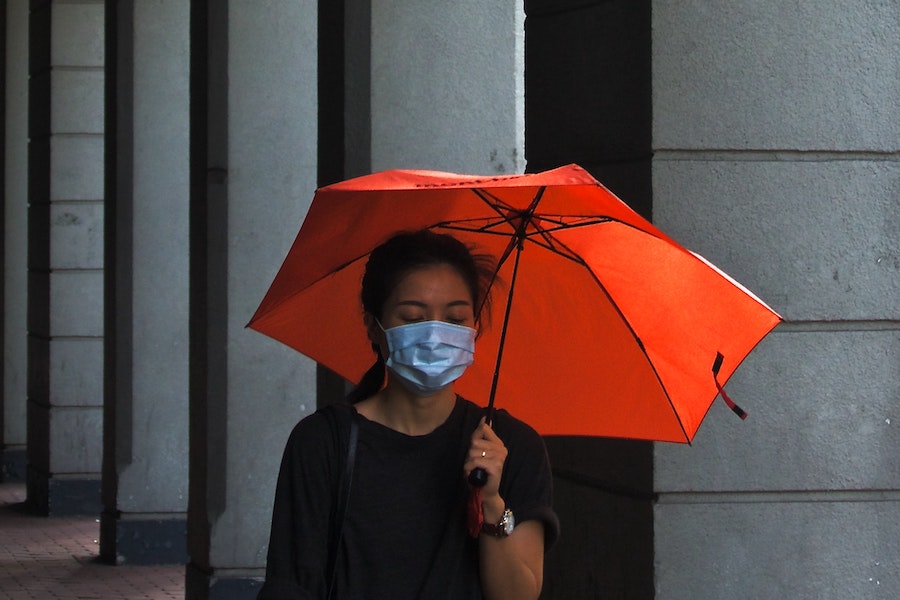
In case you were wondering what the vaccination process is like here, it’s pretty straight forward. Before getting vaccinated, you’ll be asked to answer questions regarding any existing medical conditions or allergies. Once that’s sorted, simply register for the vaccination via the weblink that will be mailed to your address. After registering, a unique booking link will be sent to you via SMS where you can book your vaccination appointment.
Groups with a higher risk of exposure, of course, stand to receive priority when it comes to getting vaccinated. These front-liners include essential service personal, security guards, those in the utility industry, taxi and private-hire drivers. The Government is also looking to include those who serve in the food industry as well as those who work in hawker centres and markets.
As of now (July 2021), 3 608 688 people in Singapore have received their first dose and 2 172 015 others have completed their second dose. According to The Straits Times, the government has moved to prioritise first-dose vaccinations — working towards the goal of getting the nation at least one dose in by National Day.
Why Aren’t Singapore’s COVID-19 Vaccinations Mandatory?
According to an article by The Straits Times’ the Government recommends the vaccination instead of insisting because the task force is still learning more about the disease as well as the vaccine — this includes the effectiveness as well as its side effects. Furthermore, those with existing medical conditions may require a different type of vaccine. It’s hardly a one-glove-fits-all type scenario thus we are glad for the other options possibly coming our way.
BONUS: Google’s COVID-19 Vaccine Data
P.S.: Curious to know live updates on the vaccination numbers locally or globally? Check it out here.
At the time of article update, 5,706,932 doses have been given out in Singapore and 2,156,751 have been fully vaccinated (37.8% of the population). 884,442,915 globally have been fully vaccinated.
What Happens After COVID-19 Vaccinations?
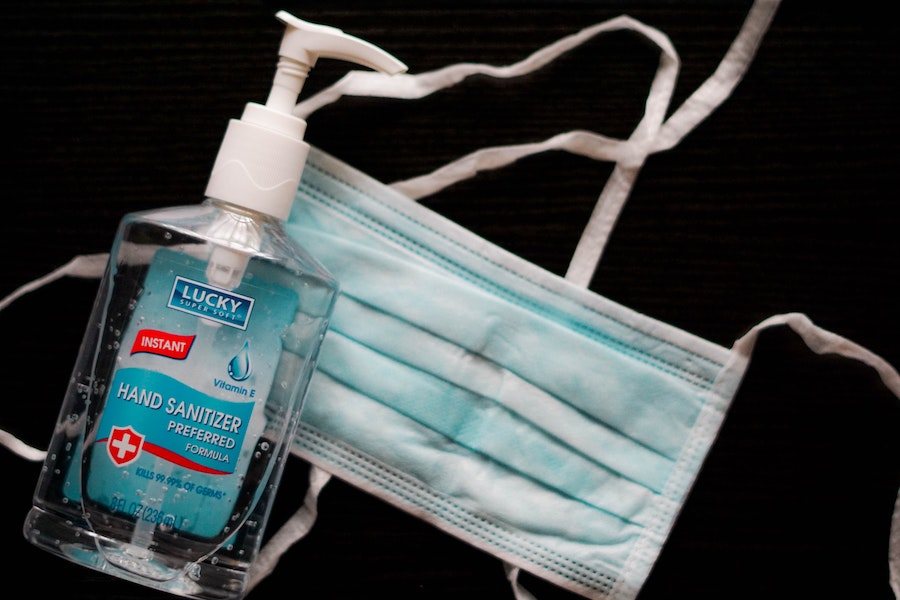
While the vaccine protects the vaccinated person, it doesn’t guarantee the safety of another. So we expect that safe-distancing measures are here to stay. Prime Minister Lee Hsien Loong highlights that in order “to resume growth, we must look beyond returning to status quo ante. We must look ahead.” While that means that ‘normalcy’ might take a while, we are excited about the steps taken to bring us this much closer to going abroad such as digital pre-departure COVID-19 test result certificates to ensure quicker transitions as well as newer collaborations between businesses to tap into new markets and novel technologies.
Not on YouTrip yet? Get free $5 credit when you sign up for YouTrip with promo code <BLOG5>!
For more great tips and guides like this, join our Telegram Community (@YouTripSquad) and subscribe to our free weekly newsletter here or down below!
Related Articles:
Travel Corridor vs Travel Bubble: Everything To Know About Flying
COVID-19 Vaccine: Peaky Blinders, Disneyland, & Other Surprising Vaccination Hubs
Immunity Passports: Will They Help Resume Travel During COVID-19?









